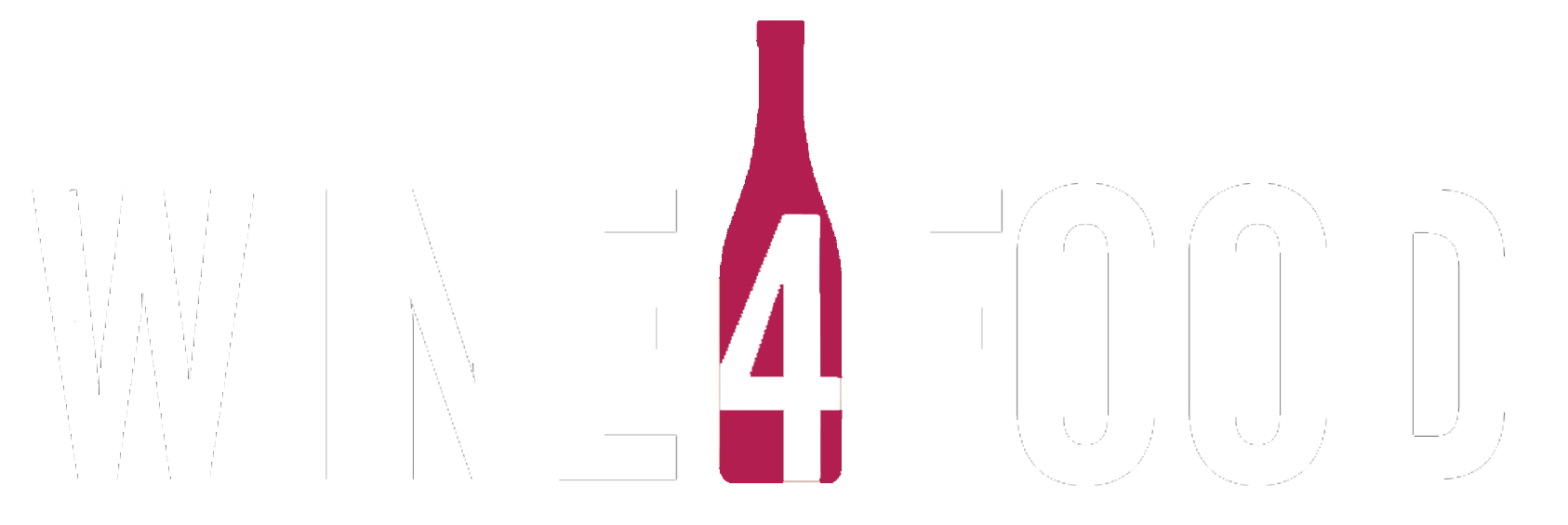
My dad died right before my 31st birthday. Of the things he left me—a Whitey Ford signed baseball, an original pair of Wayfarers—his Bordeaux was his most treasured. In the early 1980s, compelled by wine he had tasted possibly never, he invested in a few cases of 1982 first- and second-growth Bordeaux. That collection had dwindled over time. He drank important bottles to commemorate occasions. What remained, pristine bottles that had survived the test of time, became part of my material inheritance.
There is, of course, inherent value to wine. Some of the bottles my father left behind were worth thousands. As a sommelier, I understood their value to extend beyond the financial. These were irreplaceable items, for one. They were also a concrete reminder of the man I had lost, a man who passionately loved wine, and who taught me to love wine, too.
The man I married is named Dan Palmer. That’s important because this is a story not of what my father bequeathed to me, but, rather of what Dan and I are leaving our own children. Those children—two sons, born in 2016 and 2018, respectively—also have the last name Palmer. It is a name they share with Chateau Palmer, a third-growth Bordeaux from the commune of Margaux.
Some time after my first son was born, I began researching the vintage of his birth. Wine Enthusiast gave the 2016 Chateau Palmer 100 points, a perfect score. Wine Advocate gave it a 98+. James Suckling, formerly of Spectator, gave it a 98. It was an ambitious vintage. A blessed vintage. A cellaring vintage. I saved up enough to buy my son six bottles of the 2016 on future, as well as three bottles of the second label, the Alter Ego.

Two years later, when my second son arrived, I repeated this exercise. The year was another impressive showing by Palmer. Decanter awarded it 98-100 points, while Wine Spectator offered up 97-100. Both Wine Advocate and Wine Enthusiast gave it 97-99 points. All around, critics agreed, it was a great wine. Both of my sons would inherit bottles that would appreciate with time.
I didn’t buy these bottles for their value, though. I was thinking, more broadly, about their future application. I like to envision my now-three-year-old-son opening a EuroCave thirty years from now, maybe on his wedding day, and deciding that the day calls for something celebratory, something joyous. I like to imagine my one-year-old toasting the arrival of his first son or daughter with a ruby-colored glass of Claret.
I like to think about that wine surviving me, like my father’s wine did him, because it will mean that a piece of my earthly intention has gone on to succeed me. It may seem morbid to project my own life (and death) on the bottles of wine lying in wait, but I don’t see it that way. I see them as vital, evolving pieces of my life with my children, as something I can give them that will exceed their expectations, that will color their future moments with surprise and joy and love.
I know what you’re thinking. Is an investment in wine really a sound investment, when it relies on an item that may or may not increase in value? Five percent of all wine is corked. Failure to store it adequately—among other things—could lead to its ruin. I could have put the money into a savings account, where it would have accrued certain interest, and maybe that would have been a wiser financial bet, but not all decisions about the future are related to purse strings. This wine—this one thing that I was able to give to my infant children—was about the promise of something great, and about the whisper of something important. None of us can predict the future, but I’ve created one small moment that I hope my boys will be able to cherish, long after their childhoods have ended. To me, that’s worth all the uncertainty in the world.

Hannah Selinger’s work has appeared in The New York Times, The Washington Post, The Kitchn, RawStory.com, Edible Long Island, Edible East End, and numerous other regional and national publications. A Certified Sommelier through the Court of Master Sommeliers, she writes the monthly wine column for the Southampton Press. Hannah lives with her husband, two sons, and two dogs in East Hampton, NY. Website: http://www.hannahselinger.net; Twitter: @hannahselinger; Instagram: @druishamericanprincess.


